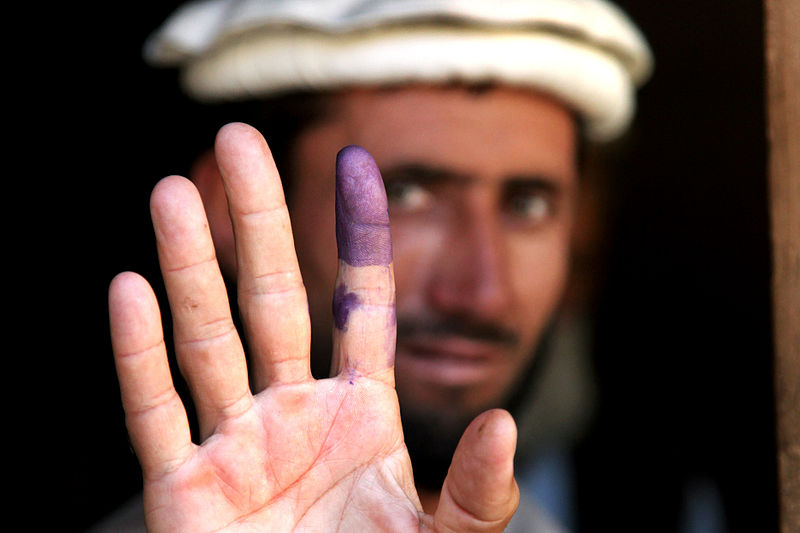Terrorism seems to be a constant news headline, but is this dominance rightfully earned? Is terrorism truly a growing concern, as important as the media portrays it? Or, does the media exaggerate its prevalence purely in the interest of increasing readership and viewers?
The Global Terrorism Index 2014 Report, a study conducted by the Institute of Economics and Peace, looks at some of these questions. Although the report mentions facts, such as: half of all terror attacks claim no lives, or that 40 times more people die in homicides than in terrorist attacks, the report maintains that both the intensity and breadth of terrorism is increasing. 2013 saw approximately 10 000 terrorist attacks, an increase of 44% from 2012. In 2013, over 17 000 people lost their lives due to terror attacks, a 61% increase from 2012.
Among the report’s most interesting findings, was the fact that only five countries (Iraq, Pakistan, Afghanistan, Nigeria, and Syria) accounted for 80% of all terror related deaths in 2013. Furthermore, four main terrorist organizations dominated terrorism globally: Al-Qaeda, the Taliban, Boko Haram, and ISIS. These four groups claimed responsibility for approximately 66% of all deaths caused by terrorism last year.
The above two findings are intriguing because they suggest that terrorism (lately, anyway) is fueled more by religion than by anything else, such as nationalism or economic factors. The four groups listed above, labeled the four deadliest terrorist groups in the report, all have in common that they operate on an extreme interpretation of Wahhabi Islam.
These findings explicitly express that the four deadliest terrorist groups share a common motivation in the religion of Islam. No matter how misguided, inaccurate, and untrue their interpretations of the religion may be, these groups have found something in Islam to exploit. States in which these groups are most active must make efforts to counter extremism. Military offensive and policing are not a sufficient response. The governments of the countries in which these groups are most active must work to confront extremist ideologies if they wish to see a decline in the figures shown above. In doing so, these countries will simultaneously repair the battered image of Islam, a religion that has been tarnished by the actions of those acting in its name.





